Ever wondered what happens to that packet of Doritos or Lays once you throw it in the trash? Chances are nothing. Thin plastic packaging (especially the metallic multi-layered kind used for chips/crisps) is notoriously difficult to recycle… which is why realistically, almost 0% of it actually does end up being recycled. “This is because flexible packaging results in a low-value, high volume, composite waste – up to 5-6 different types of materials – that is considered economically and technically impossible to recycle,” explains Anish Malpani, founder and CEO of Ashaya – a social enterprise that aims to increase the value of waste through technological and scientific innovations in recycling. The India-based company has, however, spent the last two years tackling this problem head-on, arriving at a unique solution – a way to turn these low-value plastic packets into granules that can then be injection-molded into sunglasses. Meet the ‘Without rSunglasses’, the world’s first (and only) sunglasses made from packets of chips!
Designer: Ashaya

What makes the plastic packaging used for your chips so great, is also what makes it so dangerous. It’s designed to be flexible, lightweight, low-cost, and single-use. Great for the consumer, but not so much for the environment. Trillions of these packets end up in landfills each year, and there’s really nothing much we can do about it. These packets are a majority of the waste collected by waste-pickers too, adding strain to their jobs with no reward because there’s no value in a trashed plastic bag. The folks at Ashaya hope to change that.

The Without rSunglasses look like your typical stylish wayfarers, but as the name suggests, they’re made without virgin plastic, without guilt, without harming the environment, and without exploiting workers. Each pair of matte-black frames contains up to 5 recycled plastic packets that are thrown in the trash. Ashaya’s team of waste-pickers collect the trash from in and around the city of Pune, bring it to the lab, and process the plastic packets into ready-to-mold granules. The result is a pair of frames that look so perfect, you’d think they’re made from virgin plastic… and thanks to Ashaya’s unique business model, the waste-pickers also benefit directly from all of the rSunglasses’ sales.
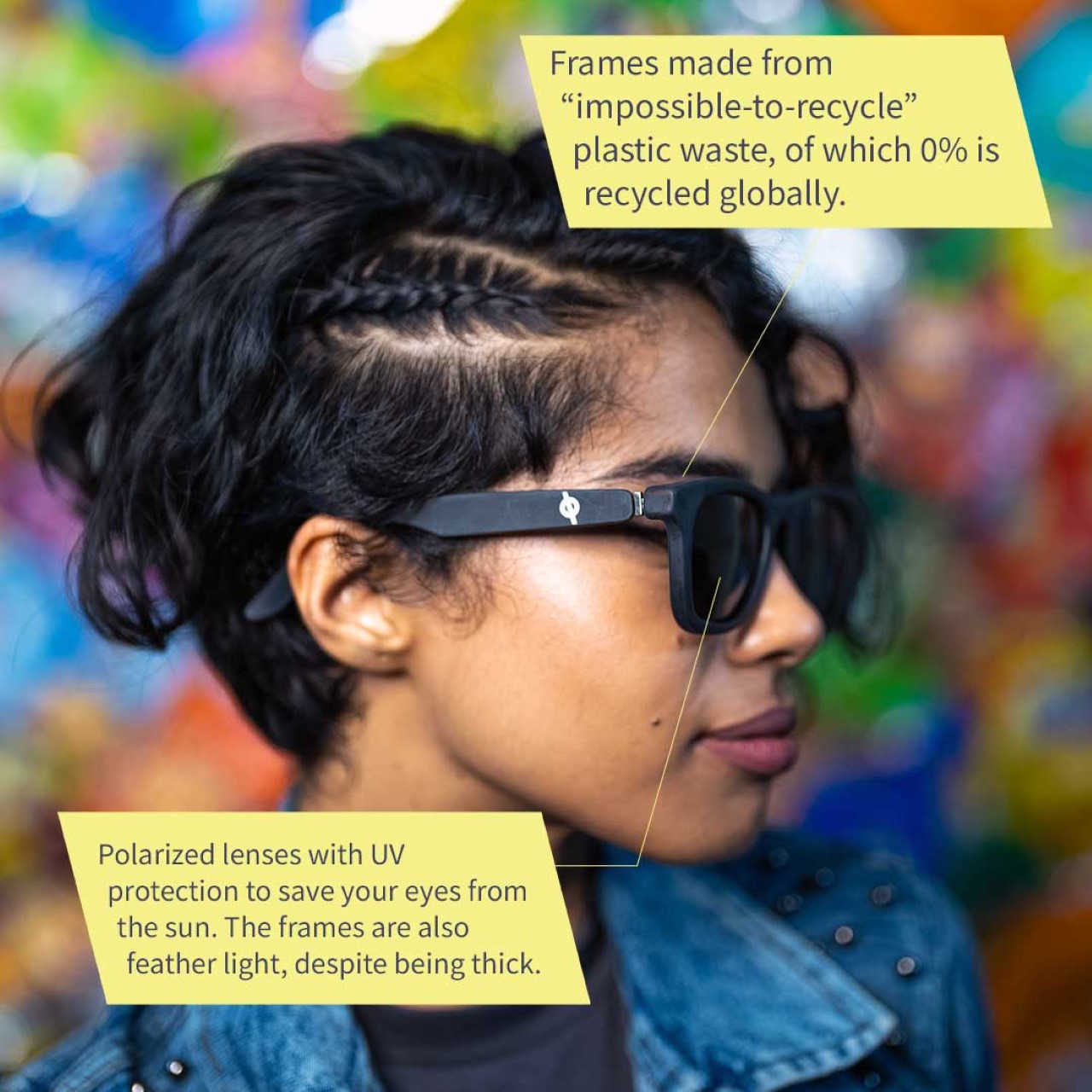
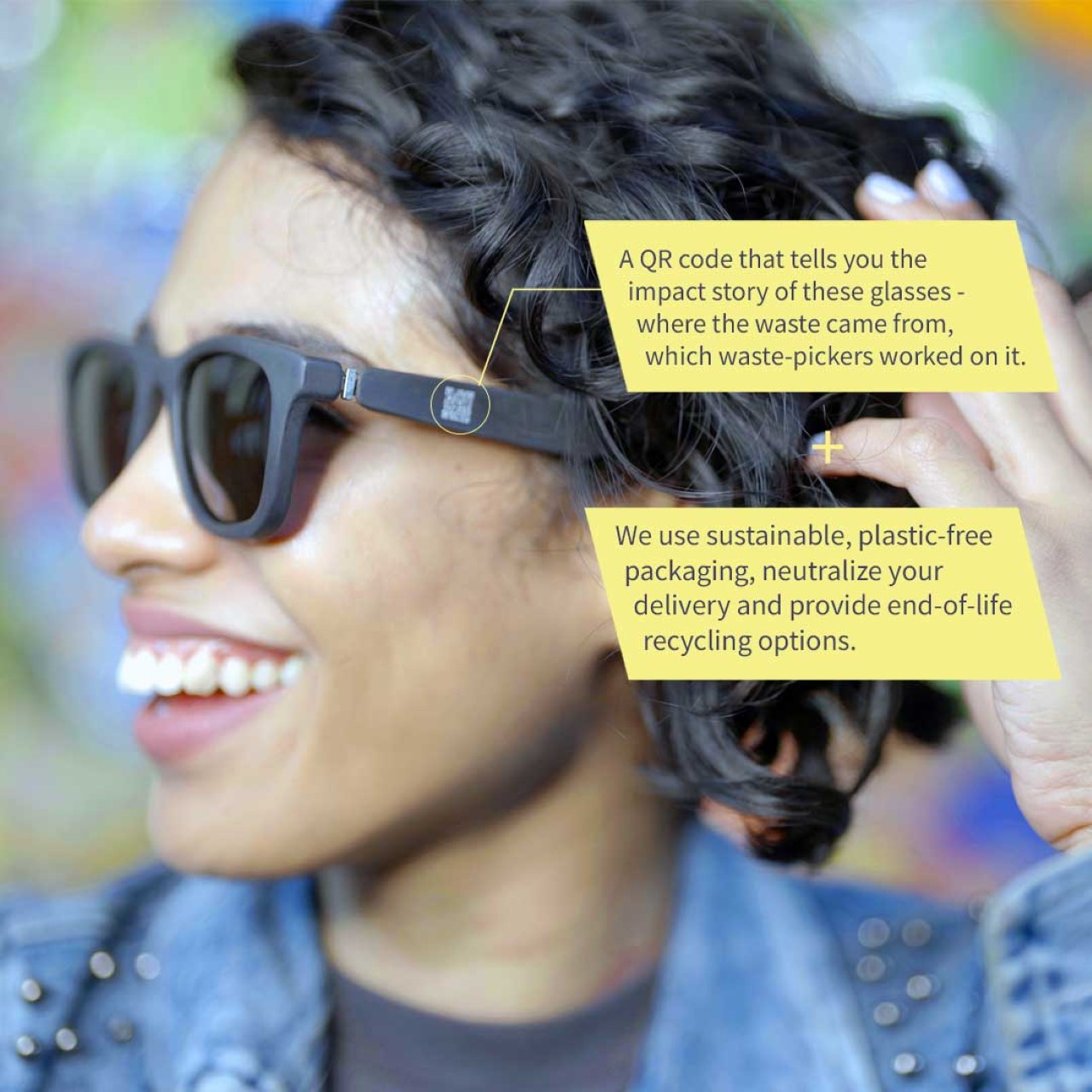
The frames are made using a patent-pending process that doesn’t just recycle plastic, it invigorates it too. Ashaya’s team chemo-mechanically extracts materials from plastic waste, converting the waste into high-end products that feel just like regular plastic and have the same long-lasting properties too. Each pair of spectacles recycles up to 5 packets of plastic, and although that might not sound like much, the Ashaya team is hoping to scale the technology up. The Without rSunglasses are just their first product, with plans for other plastic items in the pipeline.
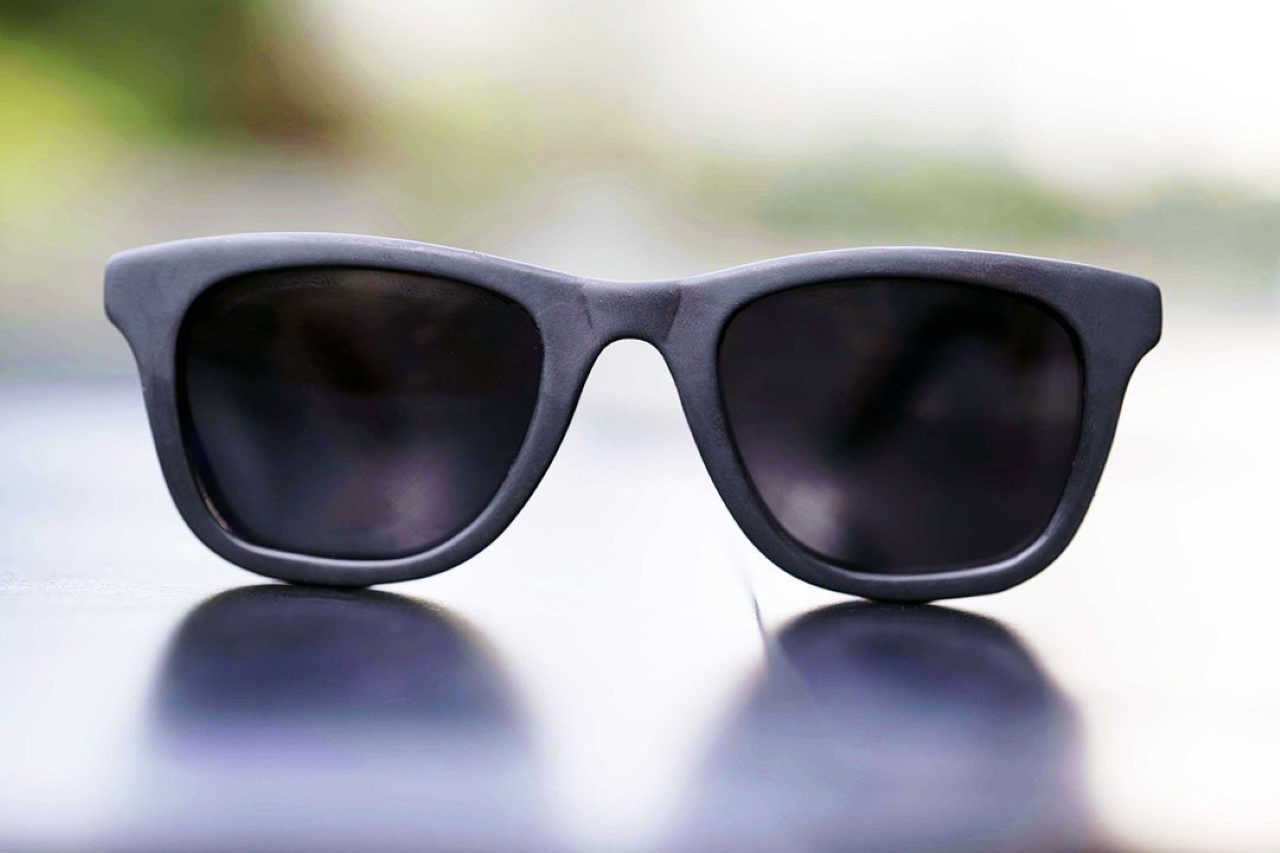
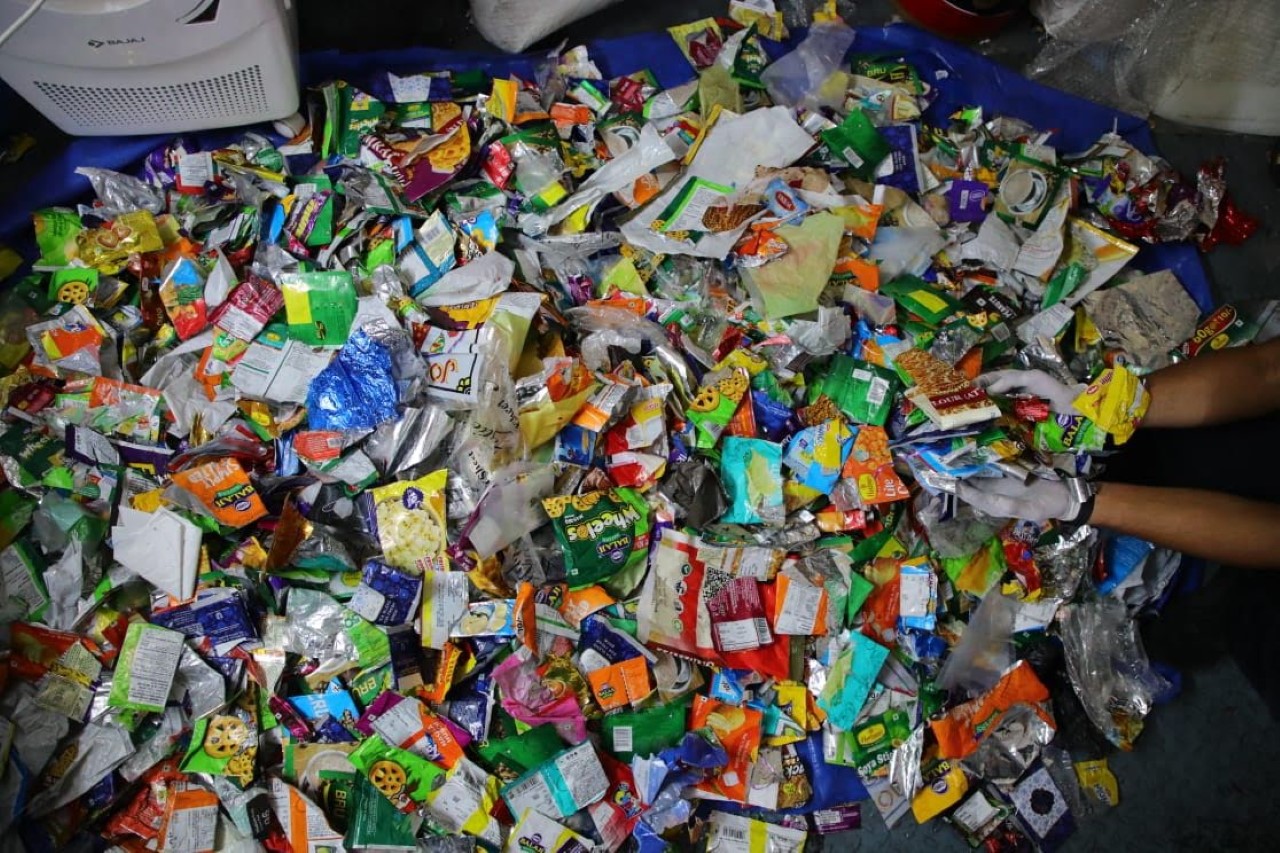
UNDP estimates that India alone generates 65 million tonnes of waste each year
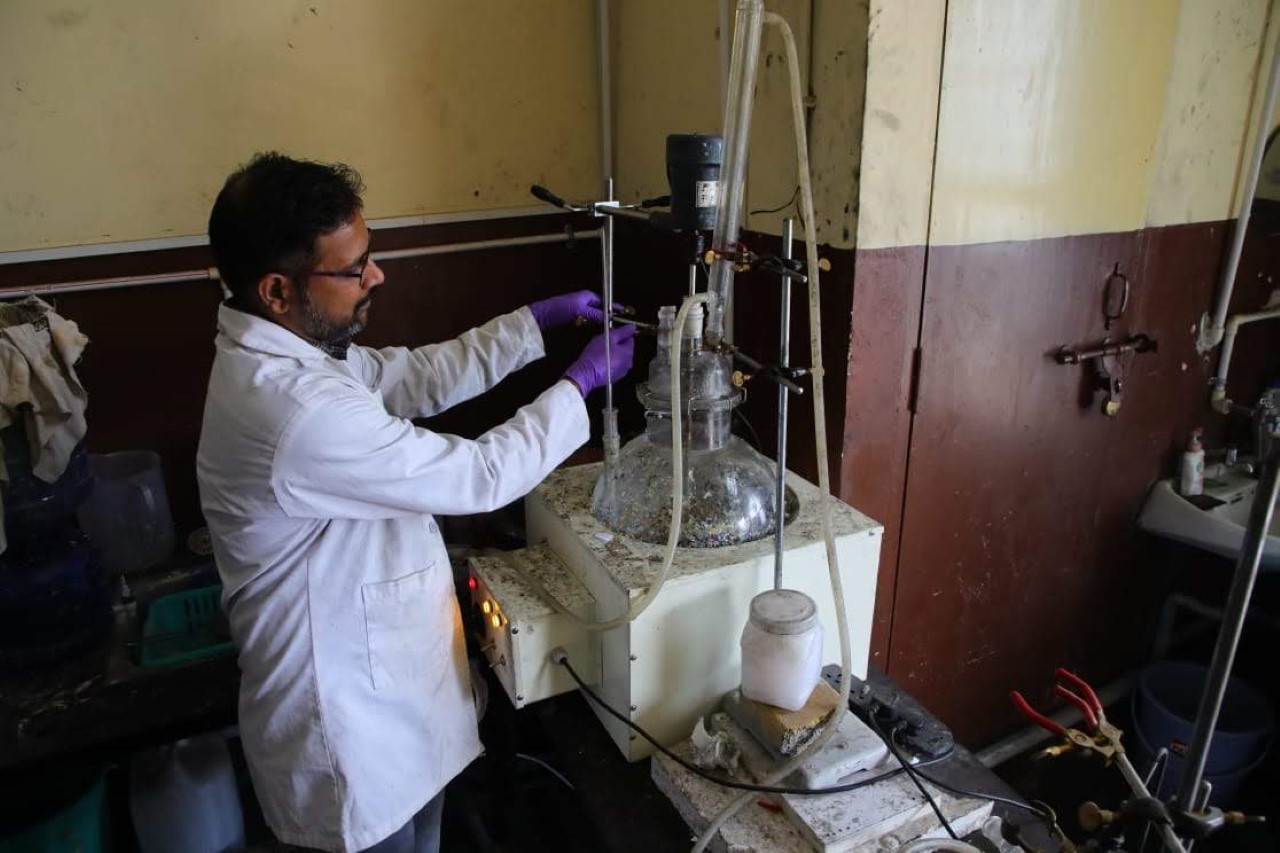
The patent-pending chemo-mechanical process to extract plastic from single-use packets
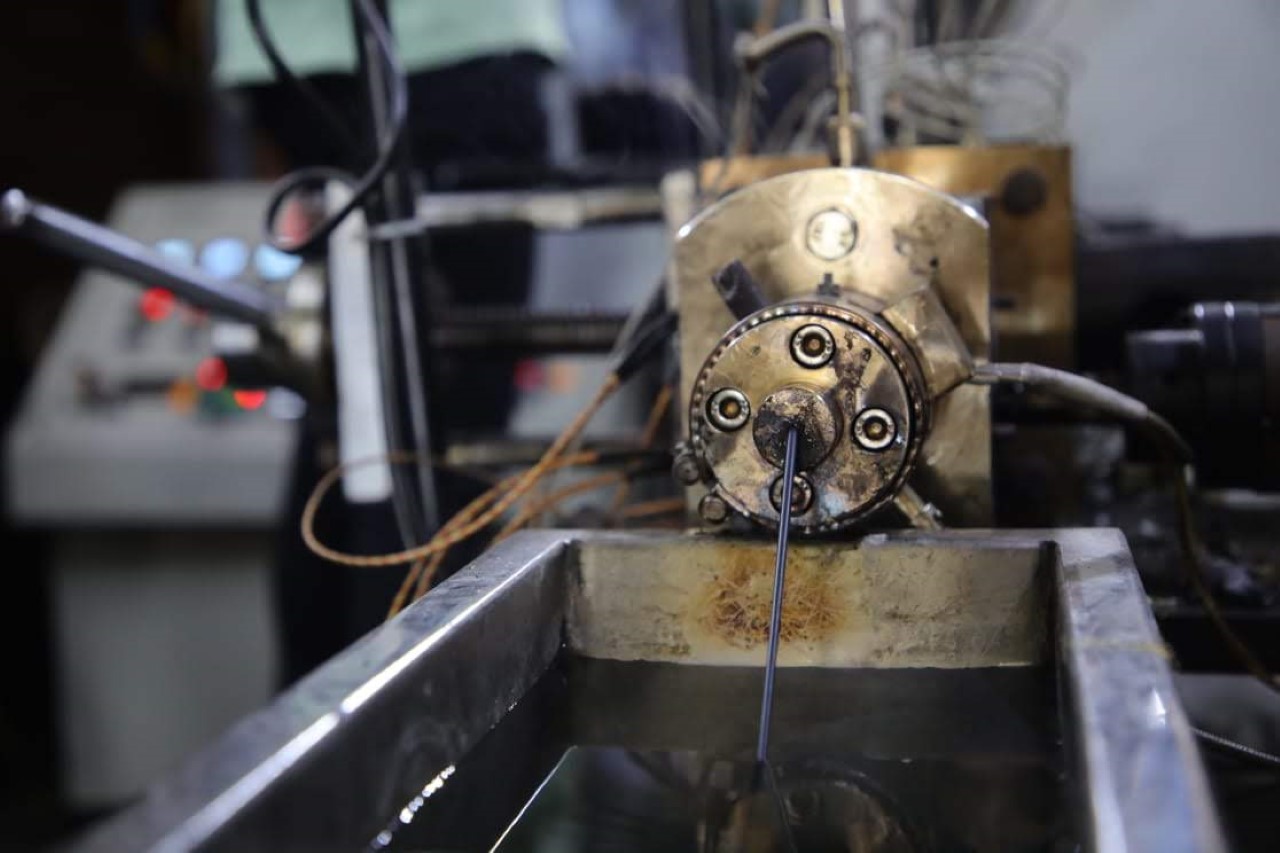
The sunglasses aren’t the only bit of innovation here. Ashaya actually hires its own waste-pickers, pretty much covering the entire supply chain. These otherwise marginalized professionals are made a part of Ashaya’s operations in a more substantive way, with the company following a profit-sharing model with the waste-pickers, ensuring that they’re compensated fittingly for their work. Profits from the sales of Without rSunglasses go towards helping the children of waste-pickers get a quality education, ensuring they have a bright future.
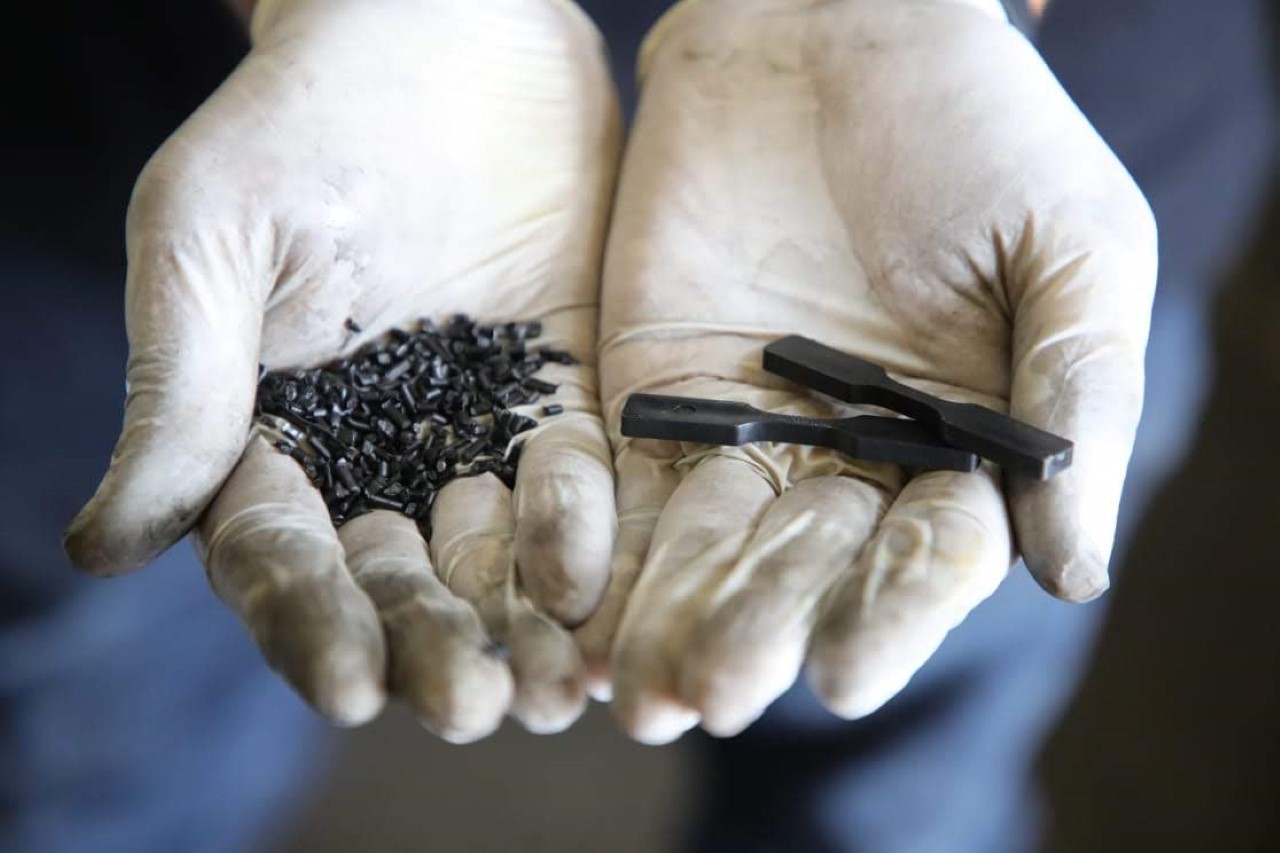

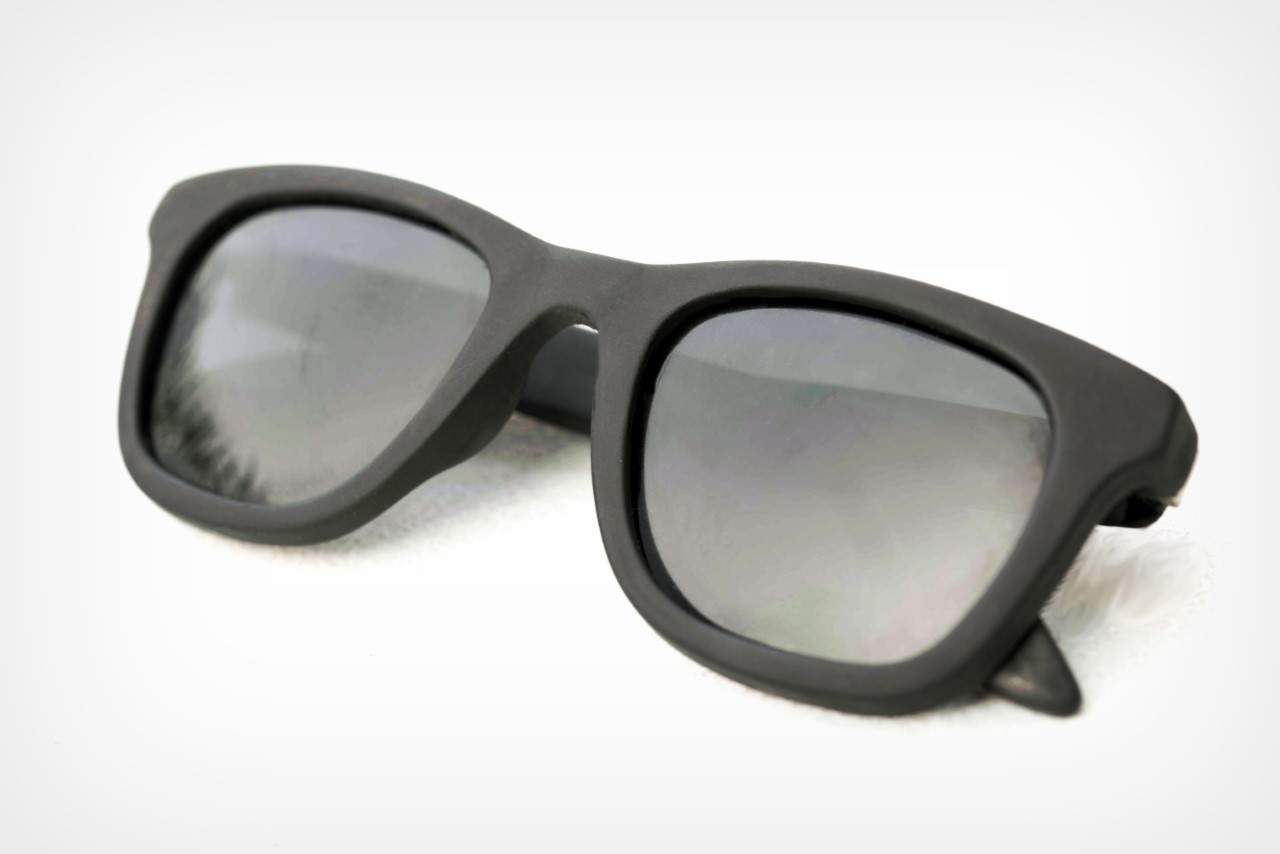
“Waste pickers in India are the backbone of the recycling industry in the country yet there is no formal economy for them. They are informally employed – no contract, no protective gear, no health insurance, while earning only daily wages based on the type of waste they encounter,” says Malpani. “It’s also a generational occupation – once you’re a waste picker, there’s a high probability your child will also become a waste-picker.”
“Our mission at Ashaya is to increase the value of waste, and fairly redistribute that value to stakeholders in the supply chain, especially those who are the most exploited: waste-pickers; to bring them permanently out of the cycle of poverty, while also making our planet better,” Malpani adds.
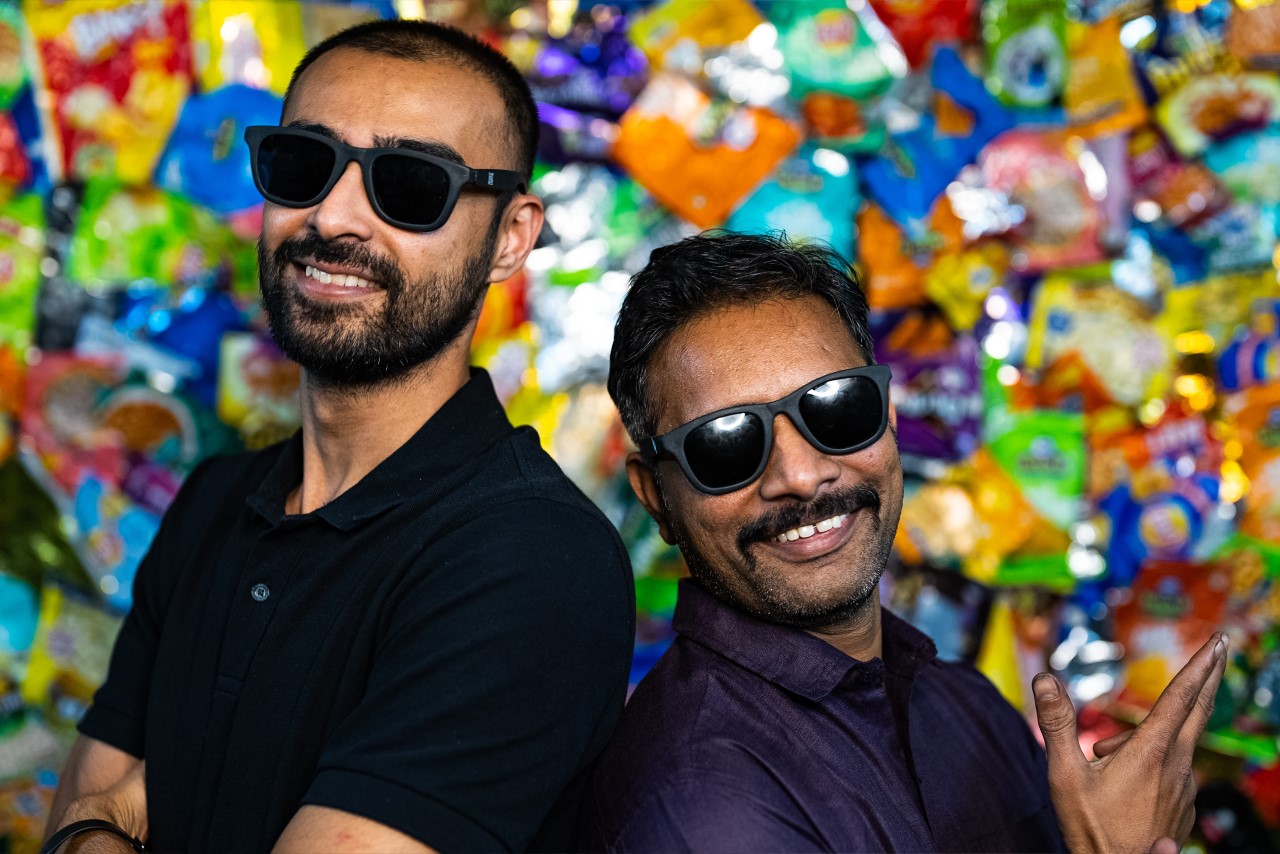
The post From Trash To Trendy: This Indian Startup is Recycling your Plastic Chips Packets into Stylish Shades first appeared on Yanko Design.
No comments:
Post a Comment